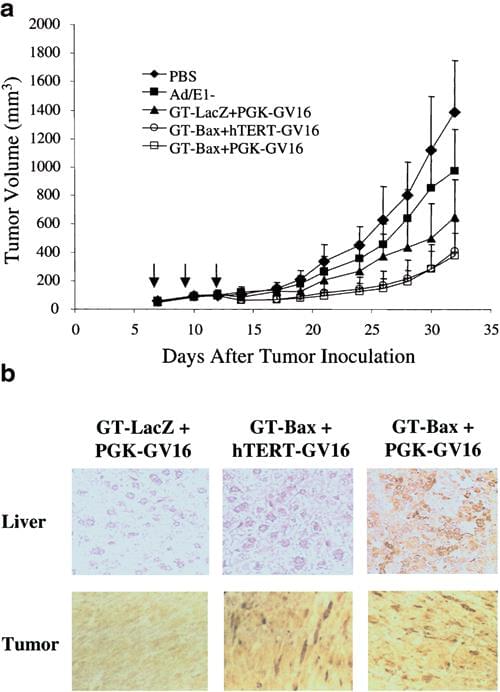Syngeneic Tumor Model-based Drug Screening

Immunotherapy is a type of cancer treatment that boosts the body's natural defenses to fight the cancer. It uses substances made by the body or in a laboratory to improve or restore immune system function. Immuno-Oncology is a type of immunotherapy that has the specific purpose of treating cancer, which is sweeping through all levels of oncology research, from academia to biotech and pharma. With the growing interest in exploring immunotherapy and immune-oncology for cancer, the use of xenograft models in immunocompromised animals presents challenges. A more effective approach is the use of syngeneic mouse models.
Syngeneic tumor models are allografts derived from immortalized mouse cancer cell lines which originated from the same inbred strain of mice. The models are critical to novel immuno-based therapy development, by providing a valuable system for assessing new single agent and allowing us to study how cancer therapies perform in conjunction with a functional immune system.
With advanced research platforms and exquisite technical team, Creative Bioarray offers a broad range of syngeneic tumor models in multiple formats and dedicates in assisting our customers with their experimental project to accelerate their studies. Using our syngeneic mouse models, customers can interrogate novel immune treatments and combination therapies.
Advantages
- Serve as surrogates for human patients
- Availability and low cost of host animals
- Recipient mice have normal, competent immune systems
- Fast turned around time
- Ease of model validation and setup
- Reproducibility of data
Generation of syngeneic tumor model

Applications
- Immuno-based therapy development
- Therapeutic effect evaluation
- Drug development
Study examples
By using syngeneic tumor models, researchers have proved that the hTERT promoter induced tumor-specific Bax gene ex

Fig. 1 Suppression of syngenic tumor growth by hTERT promoterinduced and tumor-specific Bax gene expession
Quotation and ordering
If you have any special needs in establishment or application of syngeneic tumor model, please contact us for this special service. Let us know what you need and we will accommodate you. We look forward to working with you in the future.
References
| 1. | Mosely S.I.S.; et al. Rational selection of syngeneic preclinical tumor models for immunotherapeutic drug discovery. Cancer Immunology Research. 2017, 5(1): 29-41. |
| 2. | Gu J.; et al. hTERT promoter induces tumor-specific Bax gene ex |
Explore Other Options